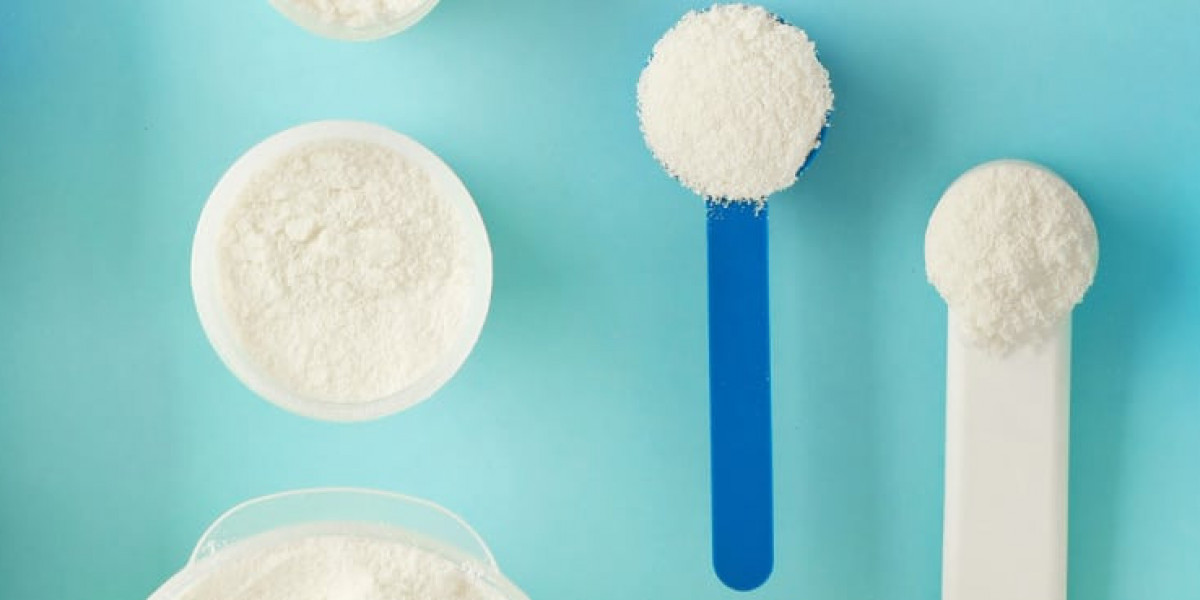The infant formula market has witnessed significant innovations in recent years, driven by advancements in nutrition science, sustainability concerns, and evolving consumer preferences. As parents become more conscious of their baby's health, the demand for high-quality, nutrient-rich, and eco-friendly infant formula continues to rise. Companies in this sector are investing heavily in research and development to create formulas that closely mimic breast milk while integrating sustainable practices.
Advancements in Nutritional ScienceOne of the most notable innovations in the infant formula market is the enhancement of nutritional components to better replicate the composition of human breast milk. Recent breakthroughs include the addition of human milk oligosaccharides (HMOs), which are beneficial prebiotics found in breast milk that support gut health and immune function. Many formulas now contain lactoferrin, a protein that helps boost immunity, and DHA ARA, essential fatty acids critical for brain and vision development.
Additionally, plant-based and hypoallergenic formulas have gained traction, catering to babies with lactose intolerance or milk allergies. Soy-based formulas have been refined to offer better digestibility, and newer protein sources such as pea and rice proteins are being explored for their potential benefits.
Sustainability and Eco-Friendly FormulationsWith growing environmental concerns, sustainability has become a key focus in the infant formula industry. Companies are adopting eco-friendly packaging solutions, such as biodegradable containers and recyclable materials, to reduce their carbon footprint. Organic and non-GMO ingredients are also being prioritized to meet the increasing demand for cleaner and more natural products.
Furthermore, lab-grown breast milk is emerging as a groundbreaking innovation. Companies like BIOMILQ and TurtleTree Labs are developing cell-cultured human milk that replicates the nutrient profile of natural breast milk, offering an alternative that is both ethical and sustainable. This revolutionary technology could bridge the gap between traditional infant formula and breastfeeding, providing a highly nutritious option for mothers who cannot breastfeed.
Personalized Nutrition and Smart Formula SolutionsAs technology advances, personalized nutrition is becoming a game-changer in the infant formula sector. Companies are exploring ways to customize formulas based on an infants specific needs, considering factors such as genetics, allergies, and gut microbiome composition. DNA-based nutrition profiling is an emerging field that could help create tailor-made formulas optimized for an infants health.
Additionally, the rise of smart formula dispensers is making feeding more convenient for parents. These devices, equipped with AI-driven technology, can accurately measure and prepare the formula at the perfect temperature, reducing preparation time and ensuring optimal feeding consistency.
Probiotic and Prebiotic FormulationsProbiotics and prebiotics are playing an increasingly vital role in infant formula development. Scientific research has shown that a healthy gut microbiome is crucial for overall well-being, and formula manufacturers are incorporating specific strains of beneficial bacteria, such as Bifidobacterium and Lactobacillus, to support digestive health and immunity.
Prebiotics like galactooligosaccharides (GOS) and fructooligosaccharides (FOS) are also being integrated into formulas to promote the growth of beneficial gut bacteria, ensuring a balanced digestive system from infancy. These additions mimic the natural benefits of breast milk and help infants build a strong foundation for lifelong health.
Regulatory Developments and Future OutlookWith continuous innovation in the infant formula market, regulatory agencies are closely monitoring product safety and quality. Governments worldwide are implementing stricter guidelines to ensure that formulas meet the highest nutritional and safety standards. These regulations are crucial in maintaining consumer trust and ensuring that infants receive the best possible nutrition.
Looking ahead, the infant formula market is set to experience further innovations, particularly in the areas of synthetic biology, AI-driven nutrition analysis, and enhanced sustainability practices. As companies continue to push the boundaries of science and technology, the future of infant nutrition looks promising, offering safer, healthier, and more sustainable options for parents and their babies.
Sök
populära inlägg










